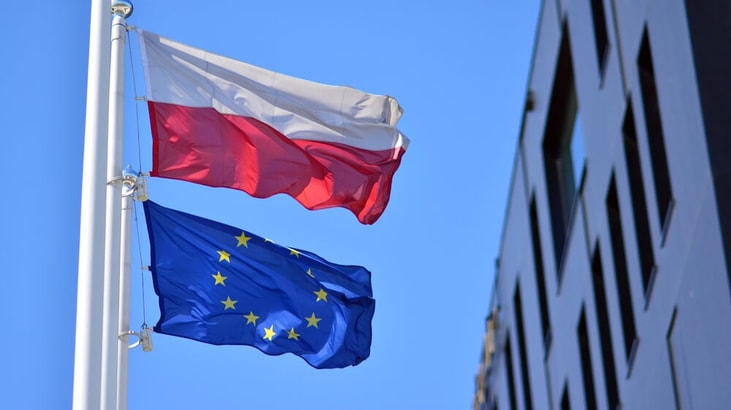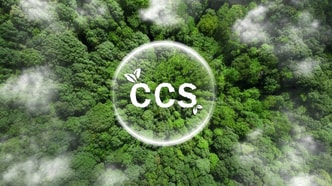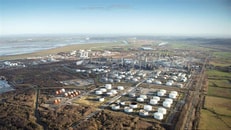EU grants aim to spur Poland to Net Zero
The European Commission has approved a €1.2bn (PLN5bn) Polish scheme to support investments in strategic sectors to foster the transition towards Net Zero.
The scheme was approved under the State aid Temporary Crisis and Transition Framework (TCTF). The aid will take the form of direct grants, open to companies producing relevant equipment or related raw materials across the new energy sector.
The TCTF supports measures accelerating the rollout of renewable energy, those facilitating the decarbonisation of industrial processes and fostering investments in key sectors for the transition towards Net Zero.
Margrethe Vestager, Executive Vice-President in charge of competition policy, said the grants will support investments in strategic equipment, namely batteries, solar panels, heat-pumps, wind turbines, electrolysers and carbon capture and storage (CCS).
... to continue reading you must be subscribed
























